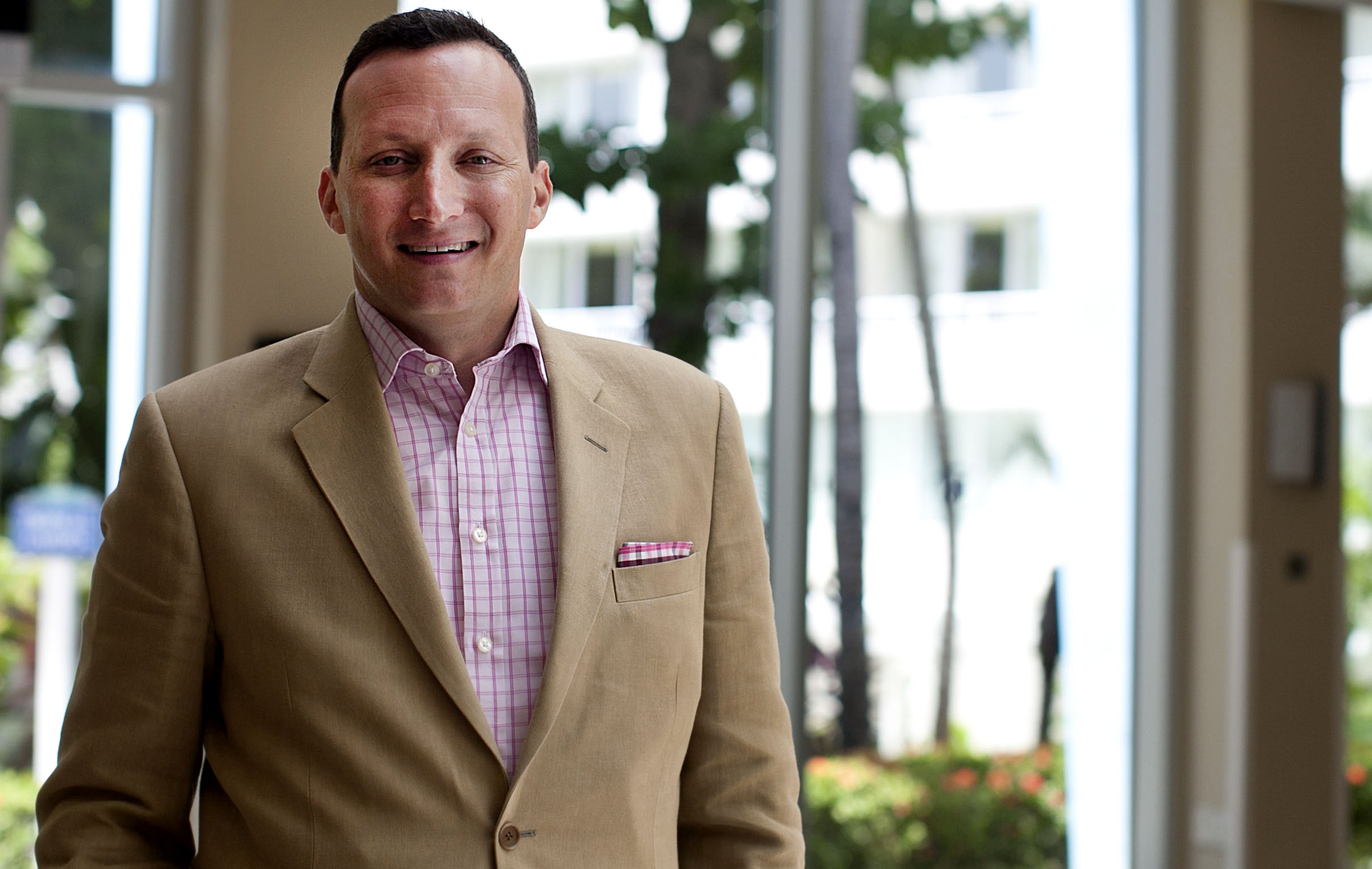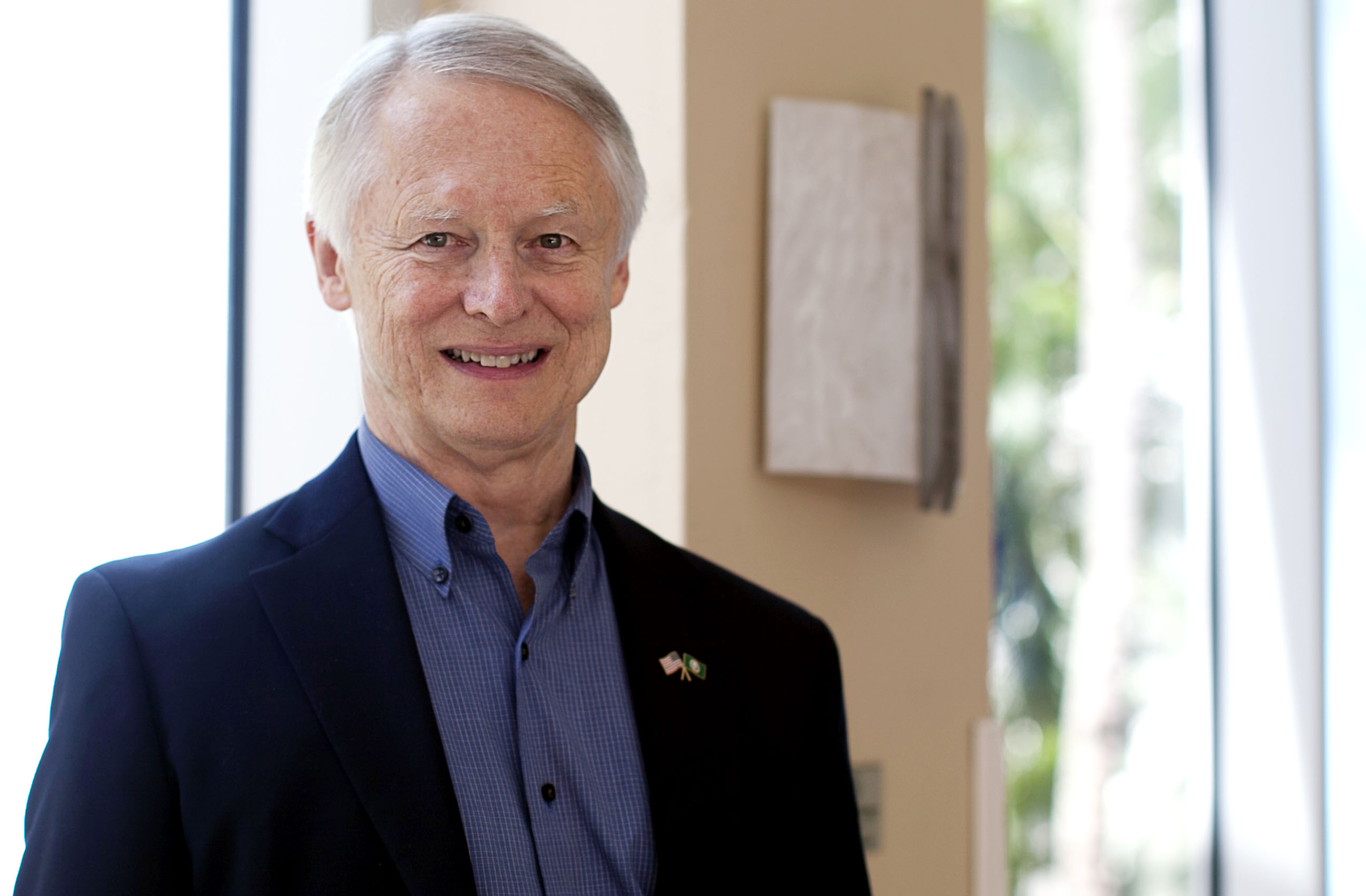We’re already big fans of the New York
Times‘ Nate SIlver, whose Five Thirty
Eight blog has gained a following for its
statistical election predictions.
So when Silver tweeted a post, offering his
numbers-heavy analysis measuring predictable effects
of photo voter ID laws on voter turnout, we were
intrigued.
His post is making the rounds around the
Twitterverse, with some regular followers in the
News21 newsroom tweeting, retweeting and commenting
on the post.
It points out that much of the rhetoric on both
sides is moot when statistics and raw data are taken
into account. That’s one of several numbers-heavy
pieces we’ve been looking at this morning.
What We’ve Been Reading
“Measuring the Effects of Voter
Identification Laws,” (Nate Silver, 07/15,
The New York Times)
“Will Voter ID Laws Cost Obama
Reelection?” (Nate Cohn, 07/16, The New
Republic)
“Voter ID is a hot topic, but will
Alabama’s ID law stop election fraud?” (Tim
Lockette, 07/15, Anniston Star)
“Rick Scott: Other states can purge
voter rolls,” (Kevin Robillard, 07/16,
Politico)
“HUSKEY: Showing ID is common,
effective,” (Stan Huksey, 07/15, The Times
Herald)
“Ballot fraud retrial gets into
details,” (Kenneth C. Crowe II, 07/11,
Rochester Times-Union)
“Photo IDs may be inconvenient, but
they help prevent voter fraud,” (Robert Bennett,
07/16, The Deseret News)
“Florida Decides Poll: Gov. Rock
Scott’s low approval ratings,” (Mason-Dixon
Polling and Research, 07/15, Florida13
News)
Twitter Trends
After the Pennsylvania Department of Motor
Vehicles released data suggesting more than 700,000
registered voters could lack required photo voter ID
under the state’s new law, we’ve been waiting for the
conservative pushback. That commentary came
today.
One of the most buzzed about items today came from
the Daily Caller, which has repackaged a story from the
Rochester (N.Y.) Times-Union about a
local election fraud trial in which a Democratic city
council candidate testified that voter fraud was a
“reality of both parties” in the state.
The fraud in question is ballot fraud – not voter
impersonation – which photo voter ID laws would
not solve. But that doesn’t mean it hasn’t provided
ammunition for supporters of photo voter ID
legislation.
It’s definitely buzz-worthy, and it meets the
criteria for popular tweets — it features a member of
the Democratic party admitting that fraud happens,
regularly, giving supporters something talk
about.
It’s also the kind of detail-orientated story that
could prompt real conversation about election
administration, but that’s not how Twitter is
generally used.
Follow our reporters @DoubleOChen and @JoeHenke as they report from the
National Association of Secretaries of State
Convention this week in Puerto Rico, and as always,
follow us @WhoCanVote for the latest
updates on voting rights news and trends.


